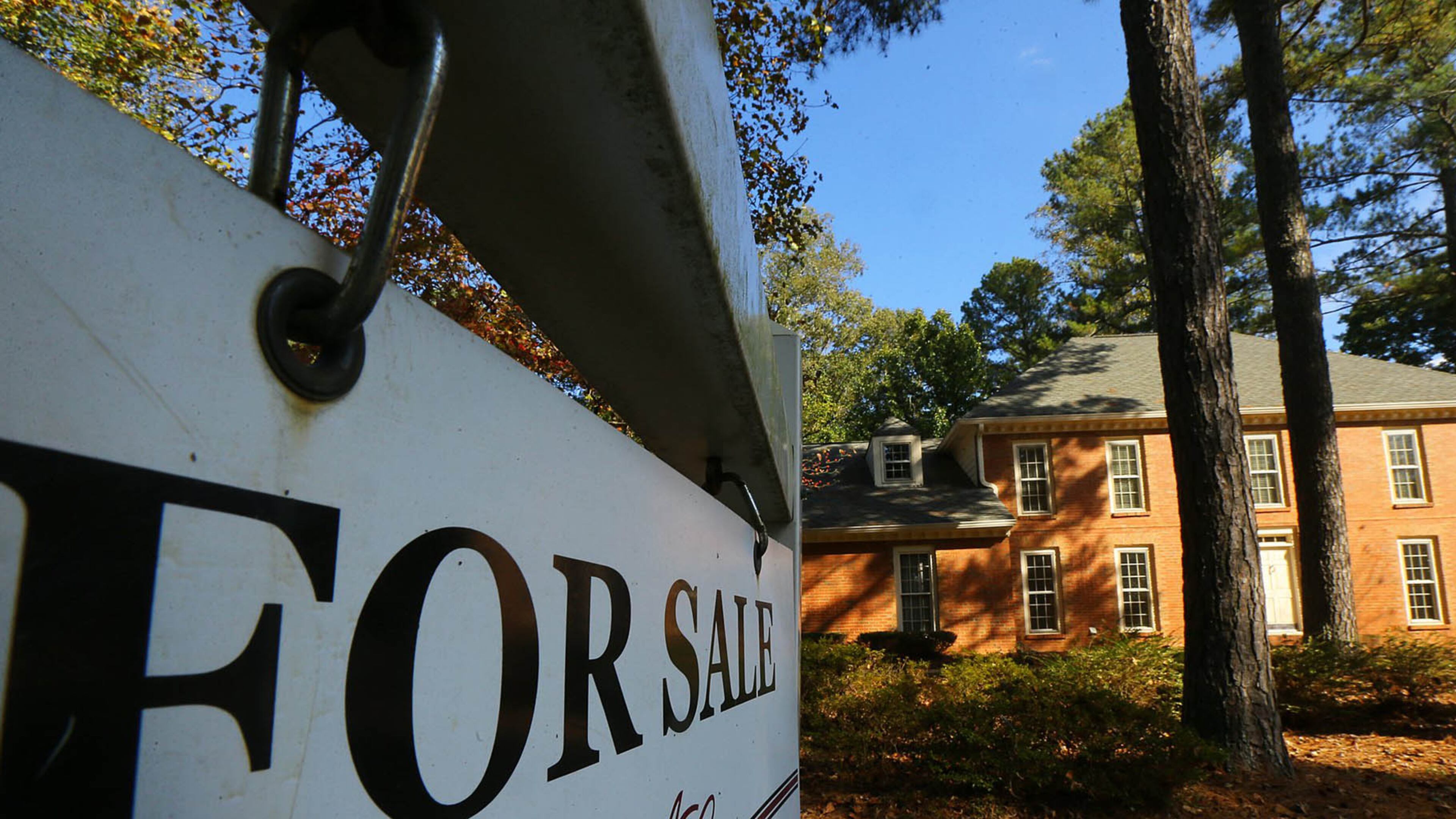‘Distressed’ home sales down in metro Atlanta

One big burden on the metro Atlanta housing market has been steadily evaporating – and faster than in any other city, a report Thursday showed.
The share of “distressed sales” in metro Atlanta dropped from 23.5 percent in April 2014 to 15.2 percent this spring, according to CoreLogic, a national research firm. And while Atlanta’s housing still has a higher than average proportion of problems, that 8.3 percentage point fall was steeper and farther than any other metro area, said CoreLogic.
Nationally, distressed sales accounted for 11.1 percent of total home sales in April 2015, down 3 points from a year earlier.
Distressed sales include “short sales” in which a home value is not expected to be high enough to pay off the mortgage, but the lender agrees to take whatever the sale brings. They also include “real estate-owned” sales, in which ownership has reverted to the lender, usually via a foreclosure, and that lender is selling the property.
At the peak in early 2009, distressed sales totaled nearly one-third of all sales nationally – and more in metro Atlanta.
An epidemic of distressed sales is a sign of a troubled economy in which sales and prices are falling and homeowners have trouble making mortgage payments. But such sales are seen as necessary to a market’s recovery, as they move property back into circulation, albeit at a discounted price.
During that process distressed sales can undermine home values for neighboring owners.
Atlanta, where the housing bubble was grander than average and its collapse sharper, suffered more on average than most other metros. The nation’s highest share of distressed sales now is the Orlando metro area, where nearly one-quarter of all sales in April were distressed.


